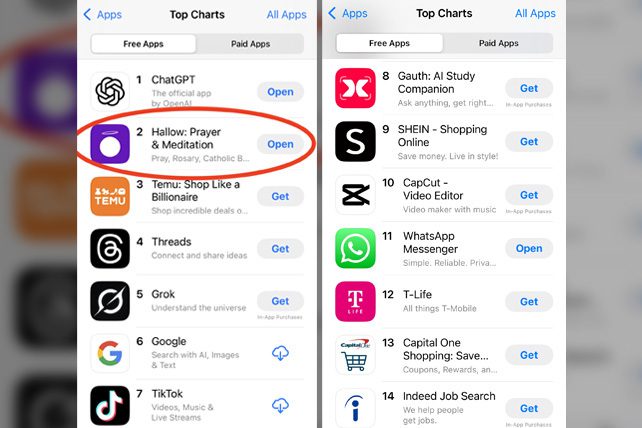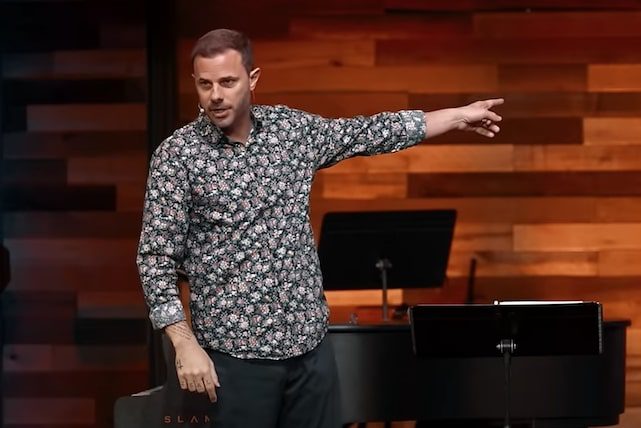Are you looking to provide an audio translation of your worship services? Well, you have come to the right place. This article will help you decide which is the best church translation system for your church.
Now before I get started let me get something out of the way right away. There is no product on the market today that will do this without a human translator. There is a prototype out there, but so far, nothing has been released to the general consumer market.
However, that doesn’t mean that with a little ingenuity and a dedicated volunteer, you cannot serve the people in your congregation and community with language translation into their native tongue.
I have included links to Amazon for the products that I mention. I have found that it is a better use of my time to use Amazon rather than spending hours driving around shopping for tech. I spend 15 minutes buying on Amazon, and in 2 days it shows up on my doorstep. I can use the time saved for study, prayer, or visitation.
Now for those of you that want to find what you need and don’t need to research this topic, here are the products that I am recommending.
How Does a Church Translation System Work?
The best church translation system is pretty straightforward. You have three main parts.
-
The headset microphone that the translator wears when translating your services.
-
The translation transmitter that the translator’s microphone is hooked to that transmits the language translations to the people.
-
The translation receivers and headsets that are worn by the people receiving the translation.
The person translating your worship services needs to be able to hear what is being said. Either they are located in the sanctuary at the sound system booth, or they are in a soundproof translation booth that has an audio feed to their booth.
They then take what is being said and translate it into the language of the people that are listening to them. They speak into the headset microphone, and it is broadcast to the people.
The people who are listening place either headphone over their ears or earbuds in their ears. They can adjust the volume control to their comfort level.
If you have multiple languages being translated, then you can get translation systems that will broadcast on different frequencies so your translator of language one can translate for one group of people and a different translator can translate language 2 to another group of people. You can get systems that will handle up to 6 separate languages.
Questions To Ask Before Buying Translation Equipment
- How many people will be receiving a translation service?
- How many languages need to be translated?
- Where will your translator/s be located? Will they be In the sanctuary? Alternatively, at the sound booth? Will they be found in a separate room?
- If you have more than one language being translated, how many receivers do you need for each group?
- Is our translation system going to be portable or stationary?
How To Choose The Best Church Translation System
Most of us do not need a fancy wireless translation system. We are only trying to translate sermons and worship services. We are not translating private information or trying to broadcast over long distances.
RELATED: Best AED for Church
Here are a few things to look for when choosing a translation system for your church.
Fm or Infrared Translation Devices
Unless you need to translate services for over six different languages, or you are translating private information that could involve privacy issues, you do not need an infrared system.
Infrared systems are more designed for extensive translation services, or for maintaining privacy.
Analog or Digital Signal
Once again the need for digital is overrated. Most systems come with a wide range of frequencies to choose from so there is no problem with finding a clear signal. If and when digital infrared technology comes down in price, then maybe there would be a need to switch to digital. However, the price advantage with analog makes it a wiser investment for a church.
Fixed or Portable Translation Systems
Are you a church plant? Do you have to set up and tear down each Sunday? If so then you will want a system that is quickly set up and can be stored in a travel case. If not, then this is not as important.
Government Compliance And Regulations
All the systems I have recommended comply with FCC regulations. If you are in another country besides the United States, then you might want to check your local rules about transmitting FM signals.
Single Or Multi-Channel Interpretation Equipment
Most churches have just one language that needs to be translated. However, there are times when you need to translate English into more than one alternative language. For each language you need to translate your services into, you will need a transmitter for that language or a channel that your transmitter will let you use to control which language goes to which receivers.
See Page Two for our findings on the best church translation system . . .






 In the realm of
In the realm of 




 We’ve all heard the phrase, “Work smarter, not harder.” Let’s take a look at five ways you can thrive as a
We’ve all heard the phrase, “Work smarter, not harder.” Let’s take a look at five ways you can thrive as a 
















